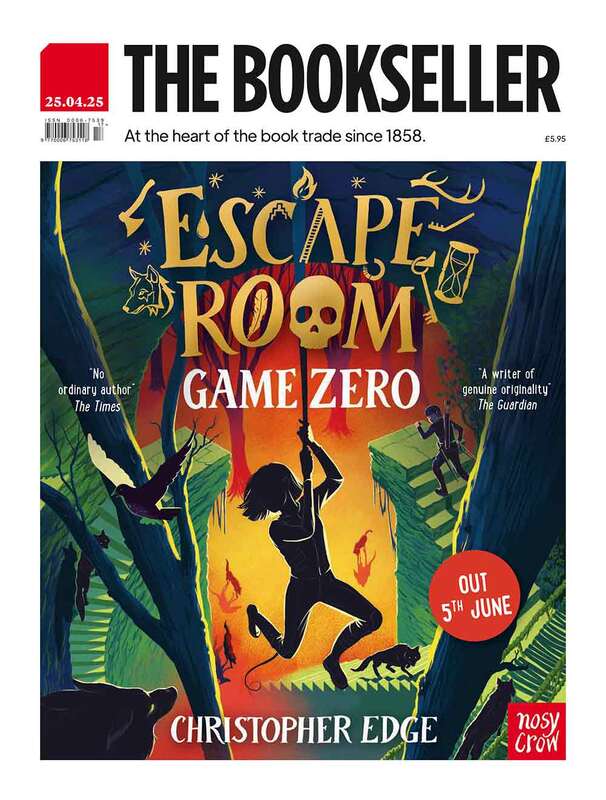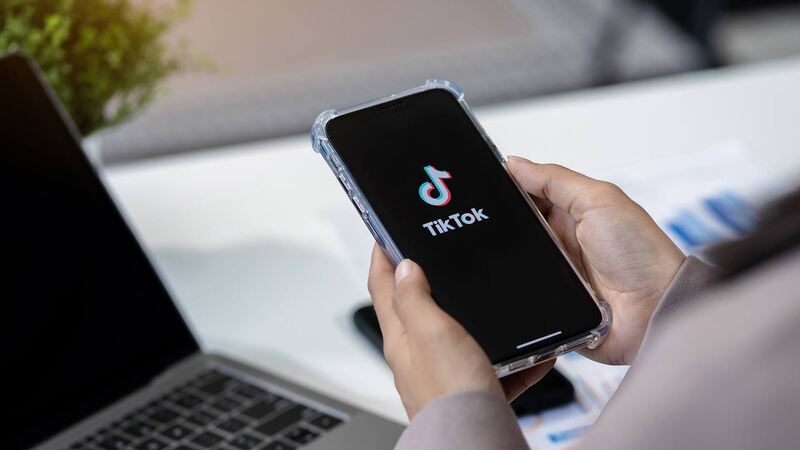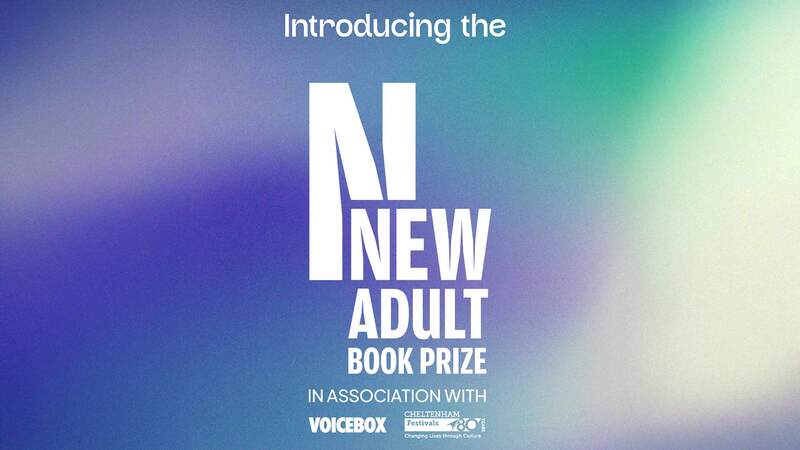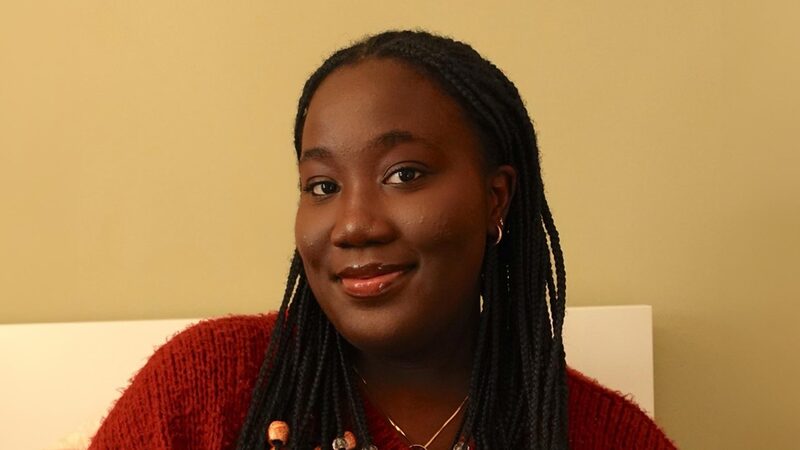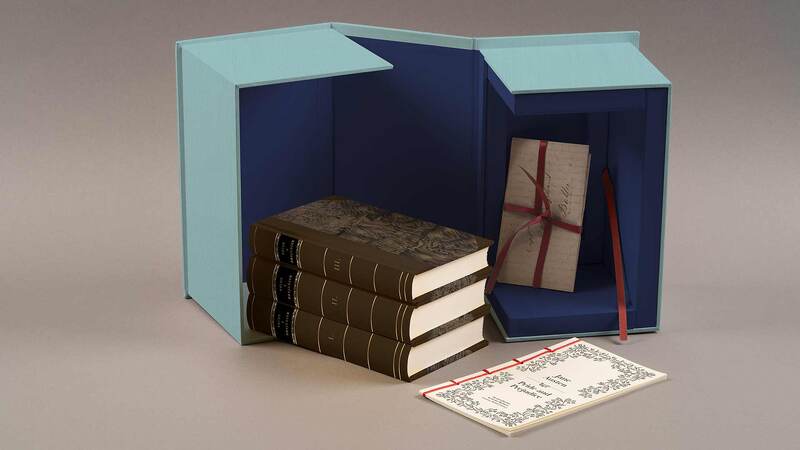You are viewing your 1 free article this month. Login to read more articles.
AAP files against Maryland law forcing publishers to license library e-books
The Association of American Publishers (AAP) is challenging an “unprecedented, unjustified” Maryland law which it says would require publishers both in the US and abroad to license e-books to the state's public libraries.
Passed in May and set to take effect on 1st January 2022, the law would force publishers to make e-books and audiobooks which can already be bought by Maryland consumers available to its public libraries on “reasonable terms” mandated by the state.
The AAP argues Maryland's move is pre-empted by federal law, is unconstitutional and would give libraries “unprecedented control” over basic copyright transactions.
Its filing in the US District Court for Maryland seeks an injunction to “prevent an unauthorized, unprecedented, and unjustified encroachment by a state into federally protected intellectual property rights and the creative and financial investments that such rights represent”.
It argues: “The state law seeks to establish a right by public libraries to demand limitless digital copies of literary works, on terms the State of Maryland deems ‘reasonable,’ and other artificial advantages that contravene federal law and the free marketplace.”
The suit also says: “The failure to temporarily and permanently enjoin the implementation and enforcement of the Maryland Act will irreparably harm AAP and its members by violating their statutory and constitutional rights.”
The AAP argues there is no justification for the law as US libraries already have access to a “dizzying number” of e-book and audio titles as the vast majority of its members already make their full catalogues available to libraries. Maria A Pallante, president and c.e.o. of the Association of American Publishers and a former head of the United States Copyright Office, said Maryland had “millions” of digital checkouts each year, while Overdrive has reported there will be half a billion nationally in 2021.
Pallante said: “Maryland does not have the constitutional authority to create a shadow copyright act or to manipulate the value of intellectual property interests. It is unambiguous that the US Copyright Act governs the disposition of literary works in commerce—and for that matter, all creative works of authorship. We take this encroachment very seriously, as the threat that it is to a viable, independent publishing industry in the United States and to a borderless copyright economy.”
The suit also notes some other states including New York, Rhode Island, and Massachusetts are in the process of “either adopting or considering copycat legislation”.

